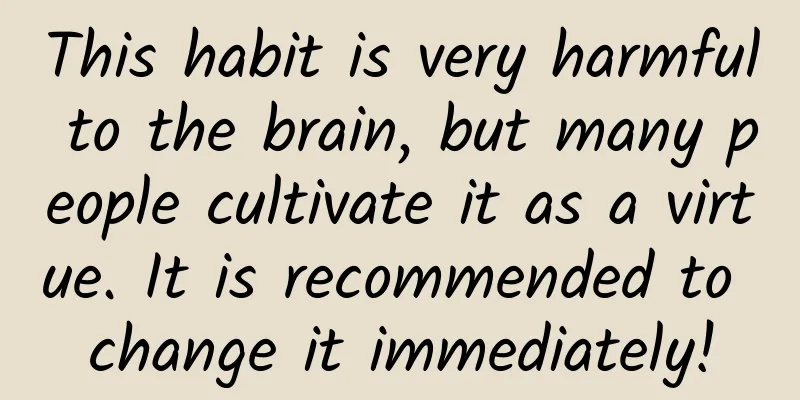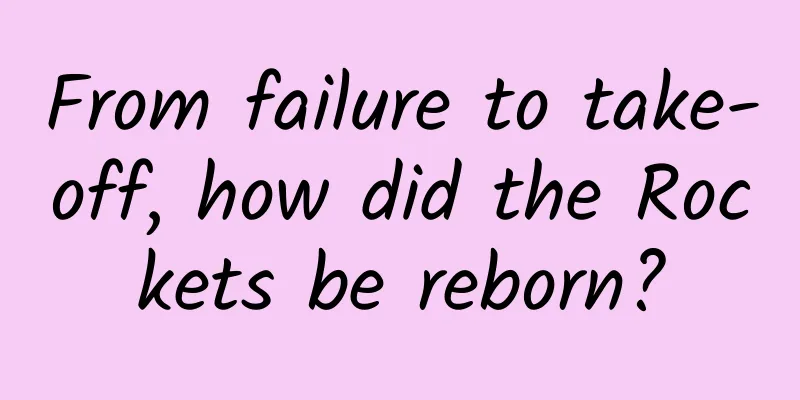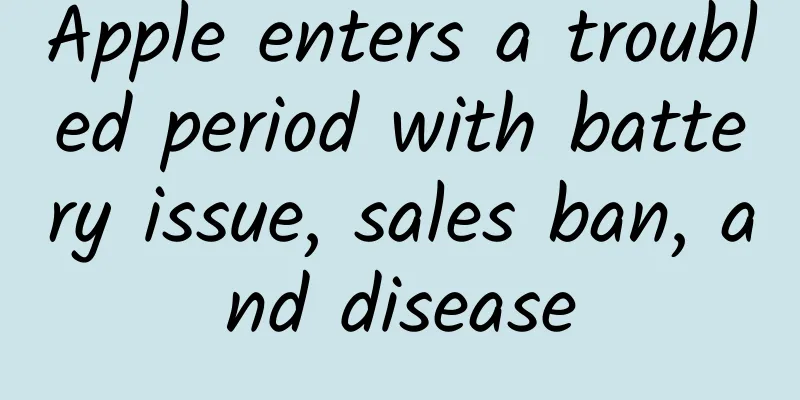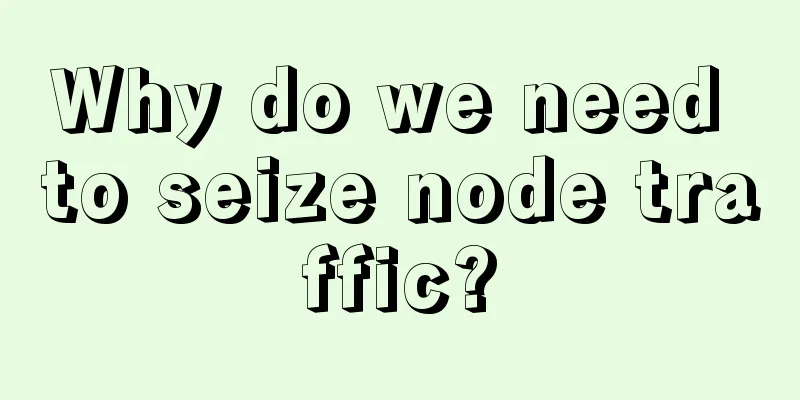This habit is very harmful to the brain, but many people cultivate it as a virtue. It is recommended to change it immediately!

|
In the TV series The Return of the Condor Heroes, Zhou Botong has a magical martial art, which is the art of fighting with both hands. Before teaching Xiao Longnu this unique martial art, he first let Xiao Longnu learn the action of "drawing a circle with the left hand and a square with the right hand". I believe that many people have secretly tried to do this action when they saw this plot when they were young. After failing the challenge, they can't help but admire Zhou Botong's ability to do multiple things at the same time. Nowadays, people's pace of life is constantly accelerating. Many times we are overwhelmed and have to do several things at the same time. We have to communicate with customers on the phone about work, report progress to leaders on WeChat, and order takeout to feed our hungry stomachs... In the workplace, multitasking can even be an excellent skill to be included in your resume. Multitasking, doing multiple tasks in parallel, using twice the time to get N times the results, this sounds like a very efficient and advanced way of handling tasks, but is it really so? Studies have found that multitasking is not a good habit. Not only does it not improve efficiency, but it may also hurt your brain. Copyright images in the gallery. Reprinting and using them may lead to copyright disputes. Multitasking not only reduces efficiency It will also increase the error rate Our brain is like a multi-threaded computer, but with limited computing power. If we handle multiple tasks at the same time, each task will be allocated fewer resources. This means that our response to each task changes becomes slower. In a simulated driving experiment, when drivers talk on the phone while driving, their reactions to sudden road conditions will be slower and their words will be simpler. This is why when you talk on the phone to a driver, he always says "umm"; it's not perfunctory, it's just that his brain really can't work and he's "stuck". In another experiment, participants were asked to frequently switch between a set of simple tasks, such as sorting numbers into odd and even numbers or sorting them into high and low numbers. The study found that after switching tasks, participants' reaction times generally slowed down and their error rates increased significantly. Often multitasking Damage to brain cognitive abilities Multitasking reduces the total resources that our brain can allocate, a phenomenon known as "cognitive load". The more complex the task, the more attention it requires, and the greater the cognitive load. This cognitive load will have a subtle impact on our brain. In a study, in order to explore the impact of multitasking on the brain, researchers scanned the brains of 75 participants and investigated their usual multitasking time. The results showed that the longer a person multitasks, the more obvious the changes in his brain. Their anterior cingulate cortex has reduced gray matter (Figure 1), and this brain area is closely related to cognitive ability. In previous studies, people who are used to multitasking did lag behind in tests related to attention. Figure 1. The relationship between multitasking time and gray matter in the anterior cingulate cortex Because it affects the brain's cognition, learning ability is also affected. For college students who are increasingly using computers, tablets and mobile phones in class, multitasking is a poison to GPA (Grade Point Average). Studies have shown that students who use tablets and mobile phones to handle multiple tasks at the same time in their daily studies will have a lower GPA. Of course, this is not just for college students, but also for infants and elementary school students. Watching TV while doing homework or playing with toys will also have a negative impact on their grades. Even more surprising is that in a study of 318 subjects, people who multitask more are more likely to feel anxious and depressed. This is really a big problem. I thought that multitasking would make me happier if I finished my work earlier, but this made things worse. Pay attention to 5 points to be more efficient So what should we do? I hope the following suggestions can help you. 1. Focus on a single task: Try to focus on one task for a certain period of time and reduce the frequency of task switching. By setting a focus period, you can improve the efficiency and quality of task completion. 2. Set priorities: Make a list of tasks, sort them by importance and urgency, and complete them one by one. Prioritizing important and urgent tasks can effectively reduce stress and anxiety. 3. Rest and Relaxation: Take regular breaks to give your brain enough time to recover and sort out information. A short break can help the brain refocus and improve the efficiency of subsequent work. 4. Cultivate mindfulness: Improve attention and concentration through meditation and mindfulness practice. Mindfulness practice can help us better manage stress and enhance emotional regulation ability. 5. Reduce distractions: When working or studying, try to reduce external distractions, such as turning off unnecessary notifications and social media. Creating a quiet working environment will help improve concentration and work efficiency. So try not to multitask. If conditions permit, do only one thing at a time, because things will eventually be completed one by one. Protect your brain! References [1]Drews, FA, Pasupathi, M., & Strayer, DL (2008). Passenger and cell phone conversations in simulated driving. Journal of Experimental Psychology: Applied, 14(4), 392. [2]Monsell, S. (2003). Task switching. Trends in Cognitive Sciences, 7(3), 134–140. [3]Loh, KK, & Kanai, R. (2014). Higher media multi-tasking activity is associated with smaller gray-matter density in the anterior cingulate cortex. Plos one, 9(9), e106698. [4]Bush G, Luu P, Posner MI (2000) Cognitive and emotional influences in anterior cingulate cortex. Trends in cognitive sciences 4: 215–222. [5]Ophir E, Nass C, Wagner AD (2009) Cognitive control in media multitaskers. Proceedings of the National Academy of Sciences of the United States of America 106: 15583–15587. [6]Junco R, Cotten SR. Perceived academic effects of instant messaging use. Comput Educ. 2011;56(2):370–378 [7]Carrier LM, Rosen LD, Cheever NA, Lim AF. Causes, effects, and practicalities of everyday multitasking. Dev Rev. 2015;35:64–78 [8]Becker MW, Alzahabi R, Hopwood CJ (2013) Media multitasking is associated with symptoms of depression and social anxiety. Cyberpsychology, behavior and social networking 16: 132–135. Planning and production Author: Liao Yuying, PhD student at Zhejiang University Reviewer: Zhan Lixuan, Professor of Neurology, The Second Affiliated Hospital of Guangzhou Medical University Planning丨Zhong Yanping Editor: Zhong Yanping Proofread by Xu Lailinlin |
>>: 3046 km "locking edge" project, putting a green "neck" on the "Sea of Death"
Recommend
How to choose keywords for APP promotion? Come quickly!
Studies have shown that in app stores, 65%-70% of...
Promotion and marketing are difficult. Here are 3 steps to teach you how to use traffic pools to create a closed marketing loop!
As the number of incremental Internet users decre...
When was the Communist Youth League founded? What is the age range of the group members?
The Communist Youth League of China is a mass org...
Look! China's most magnificent animal wonders
This is the most magnificent animal wonder in nat...
What changes will the body go through after pregnancy? Today, let's say "thank you" to our mothers
The annual Mother's Day is here In this warm ...
1 core, 5 techniques, and 3 principles for writing good titles
Zhang Xiaolong said: Even the smallest individual...
Keep in mind the "Faraday Cage Effect" and it can save your life if you encounter this situation while driving!
Produced by: Science Popularization China Author:...
Kaiyuan SEO Training: How to improve the weight of internal pages of the website?
Before talking about how to improve the weight of...
The formaldehyde test passed, so why does my house still smell bad?
In the background, we often receive messages from...
Starting from March 1 next year, WeChat and Alipay personal payment codes will not be used for business payment collection. Media clarification
[[436923]] Recently, there has been news that per...
Is the story of “The Crow and the Pitcher” true?
Is the story of “The Crow and the Pitcher” true? ...
Introduction to six recommended Android open source frameworks
1. Volley Project address: https://github.com/sma...
How much does it cost to develop a Baidu applet?
Q: How much does it cost to develop a Baidu Mini ...
Fed up with Windows? Eight reasons to choose LXDE as your Linux desktop
At the end of last year, I upgraded to Fedora 25, ...









